The Beatles or The Rolling Stones? DC or Marvel? Star Trek or Star Wars?
Throughout history, there are countless examples of battles between popular brands, franchises and products. In Australia, families have even fallen out over whether Ford or Holden makes better cars.
Within recent years, we’ve seen the emergence of another such rivalry: Google Home vs Amazon Echo. While Amazon had a head start and currently leads the way with more sales and a larger platform of third-party products, Google is catching up with the kind of single-minded focus that helped it dominate the search engine market.
Google Home and Amazon Echo offer broadly similar functionality, so how do you choose between them? Fortunately, we’re here to help. Read on for our comparison of the two virtual assistants.
Google Home vs Amazon Echo: Which has the best product range?

Amazon Echo vs. Google Home | Photo: PCMag
Comparing Google Home and Amazon Echo isn’t simply about weighing up the strengths and weaknesses of the actual voice helpers (namely Google Assistant and Alexa). The range of products available complicates the issue somewhat.
In total, there are currently almost a dozen products to choose from across the combined Amazon and Google smart speaker ranges. Your experience will depend on the model that you choose, as each has different features and is better suited to different uses. To help you decide, we’ve put together a full rundown of the Amazon and Google smart speaker ranges:
Amazon Echo
1. Echo
To date, Amazon has released two generations of its standard Echo speaker. Cylindrical in shape and with a choice of five colours – charcoal, heather, oak, walnut, and sandstone – it currently sells for £89.99, although Amazon often runs price promotions.
2. Echo Dot
Now on its third iteration, the Echo Dot is a smaller and cheaper (currently £49.99) version of the vanilla Echo. It does pretty much the same things as the regular Echo, but the audio quality isn’t quite as good, so music playback isn’t its strongest suit.
3. Echo Plus
The second-generation Echo Plus (currently £139.99) is pricier than the above models and slightly taller than the standard Echo, with enhanced audio and better integration with other smart home products.
4. Echo Show
Essentially a combination of Amazon Fire tablet and Alexa-enabled smart speaker, the Echo Show can respond to your commands and play Amazon Prime Video. We think this dual functionality makes it the perfect gadget for the kitchen. It currently costs £219.99.
5. Echo Show 5
The Echo Show 5 is poised to hit the market at the end of June, priced at £79.99. It’s essentially a smaller version of the Echo Show, with a 5.5-inch display that is just about big enough to watch videos on, while being sufficiently compact to fit on your bedside table.
6. Echo Spot
With its tiny circular display, you can think of the Echo Spot as either an upgraded Echo Dot or a more diminutive Echo Show 5. Again, it’s a perfect companion for your bedside table – Amazon describes it as a “smart alarm clock with Alexa”. Currently priced at £119.99.
Google Home
1. Home
Google’s version of the vanilla Amazon Echo, the Home speaker (£89) looks a bit like a tiny vase with a touch control panel on its sloping upper surface. As standard, it comes with a slate-grey lower section, but you can jazz it up by buying a different colour.
2. Home Hub
Unveiled in October 2018, the Home Hub was the first member of the Google Home range to feature a screen, pitching it directly against the Amazon Echo Show – although unlike the Echo Show, it lacks a camera so can’t be used for video calling. Currently priced at £119.
3. Home Max
With the looks of a traditional speaker, the Home Max can either be stood up or laid on its side to best suit the available space. At £299, it’s more expensive than the vanilla Home speaker, largely thanks to its superior audio quality.
4. Home Mini
As you may have guessed, the Google Home Mini is a smaller version of the standard Home speaker. This entry-level product comes in a range of colours and is effectively Google’s version of the Echo Dot. Currently has an RRP of £49.
5. Nest Hub Max
The first product to be launched in tandem by Google and smart home security brand Nest, the Nest Hub Max boasts a 10-inch smart display and a front-facing camera for video calling. It’s due to launch in the UK in July, priced at £219.
Our verdict:
The Amazon smart speaker range is currently broader than Google’s, so Amazon gets the nod here.
However, as a further complication, third-party speaker brands are starting to integrate Alexa and Google Assistant into their own product ranges. If you have a favourite speaker manufacturer, it’s worth checking to see if they offer their own smart speaker based on either Amazon or Google’s platforms – chances are they all will in the near future.
Alexa vs Google Assistant: Which virtual assistant is best?
Alexa
Amazon’s virtual assistant, Alexa allows you to choose from a variety of accents and languages.
Individual, app-like “Skills” must be installed to give Alexa new abilities, such as activating voice-controlled games, finding information about local public transport services, or reading out weather reports. While this means that Alexa has less out-of-the-box functionality than Google Assistant, it has the added benefit of allowing third-party developers to create and publish their own Alexa Skills, all of which can be found in the Alexa Skills Store.
Amazon regularly brings new features to its Alexa platform. At time of writing, recent additions include Alexa Guard – a security system that uses the far-field microphones in Echo devices to listen out for break-ins and alarms – and Whisper Mode, which (as the name suggests) allows you to whisper your commands and receive a sotto voce reply from Alexa.
Google Assistant
The imaginatively named Google Assistant can be given either a male or female voice, depending on your preference. A range of languages can be chosen, and it’s also multilingual – allowing you to speak to it in more than one language if you wish. In interpreter mode, it’ll translate for you in real-time.
Just as Google is constantly tweaking its search engine algorithms, the company is constantly adding new features to Google Assistant – more regularly than Amazon updates Alexa. One of the most useful recent additions allows you to book a taxi through services like Grab, Lyft and Uber by giving a simple voice command:
Our verdict:
While we love that third parties can create new Alexa functionality, Google wins out in this category thanks to its unparalleled commitment to developing new features and the intelligence of its virtual assistant.
Google Home vs Amazon Echo: Which offers the best device compatibility?
Amazon Echo
Alexa can currently be used to control more than 60,000 smart home devices produced by over 7,400 independent brands. Across the world, tens of millions of smart products have been connected to Alexa by customers.
As part of its work with third-party manufacturers and developers, Amazon launched its “Works with Alexa” certification programme to guide shoppers toward products that meet the company’s standards on functionality, responsiveness and reliability.
Google Home
Currently, Google says its virtual assistant can control more than 10,000 smart home devices, from televisions and lighting systems to appliances and thermostats. While this figure is a lot lower than Amazon’s, it’s worth noting that just 18 months ago it was only compatible with 1,500 devices – so Google is clearly making big strides in this area.
Our verdict:
This one’s basically a numbers game, and Amazon currently wins it hands down, with Alexa able to control six times more smart devices than Google Assistant. But Google is catching up.
Google Home vs Amazon Echo: Which should you choose?
There’s really no right or wrong answer here; both Alexa and Google Assistant are capable of handling pretty much all the commands you could ever wish to throw at them.
But this is a comparison article, so we have to pick one or the other – and we reckon that Amazon Echo is currently a slightly better choice, largely thanks to its superior compatibility with third-party devices.
However, Google Home has come on leaps and bounds over the past year or so. If that development continues, we reckon Google’s smart assistant could soon surpass Amazon’s.



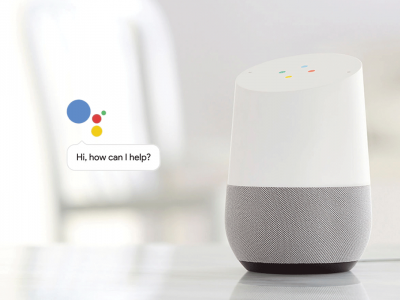




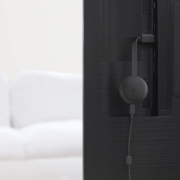


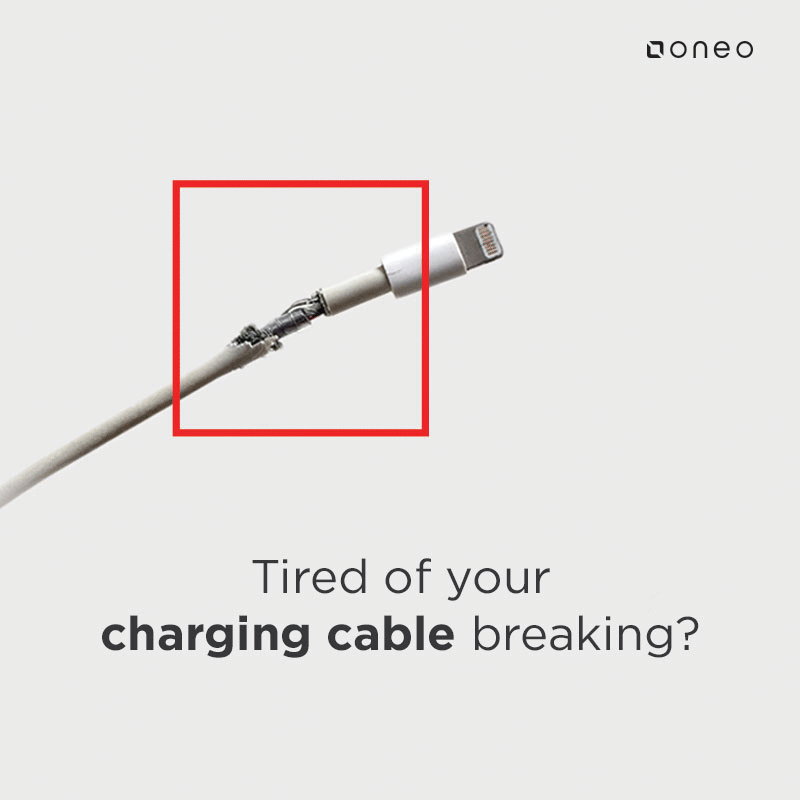
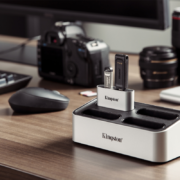
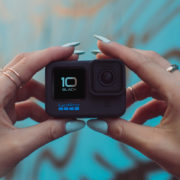



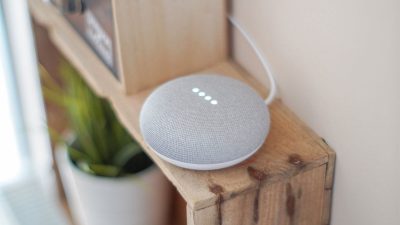
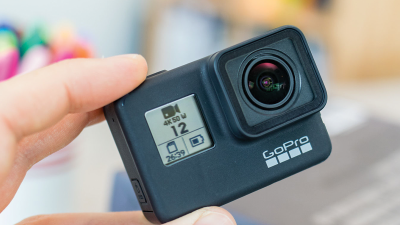
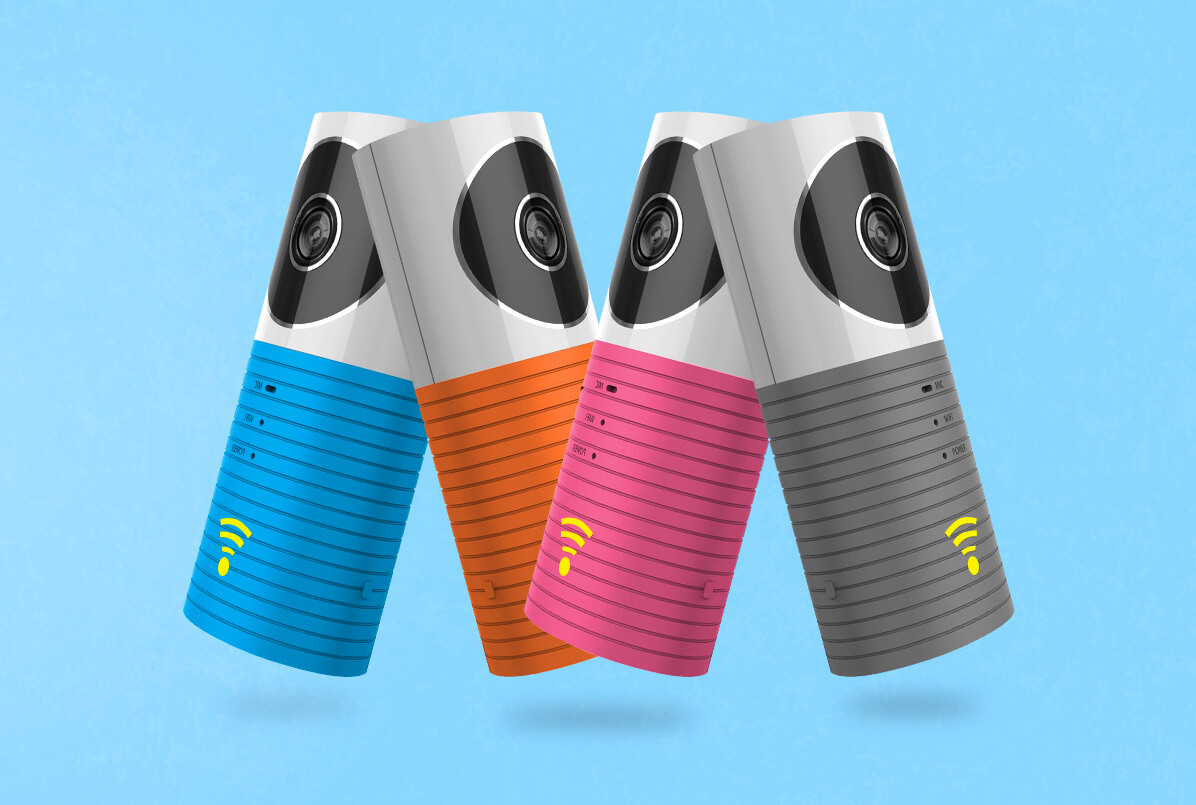

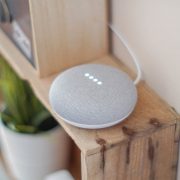
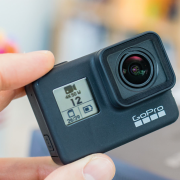
Can I play YouTube music on either of these devices ?
Hi Gerry,
Thanks for your comment.
For the Google Home, yes, you can play YouTube music direct from the device. For the Amazon Echo, it can’t connect directly to YouTube, however, you can launch YouTube on your phone, iPad etc. and then connect to the Echo via Bluetooth.
Hope this helps.
Anya
[…] you on the hunt for a smart speaker but are unsure which one you should buy? Working out what smart speaker is best for you can be a difficult task, but hopefully, we can […]